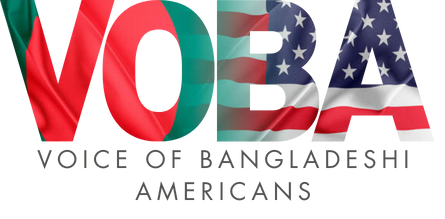Sporadic clashes erupted between police and protesters across multiple locations as demonstrators continued to press for an executive order to reform Bangladesh’s quota system in government recruitment. On Thursday, student protesters defied police barricades and gathered at Shahbagh intersection, demanding a comprehensive restructuring of the quota policy. The movement, dubbed the “Bangla Blockade,” left several protesters injured, prompting organizers to announce campus-wide demonstrations scheduled for today (Friday).
High Court’s Partial Verdict on Quota Reform
Meanwhile, a partial verdict from the High Court stated that the government has the authority to amend the existing quota system if necessary. The court also affirmed that unfilled quotas could be supplemented by candidates from the merit list, providing additional flexibility in recruitment.
Shahbagh Intersection Becomes Epicenter of Protest
Students marched from Dhaka University’s central library around 4:30 pm, breaking through police barricades at Shahbagh while chanting slogans. Police officers stationed at the intersection attempted to intercept the protesters, leading to brief altercations. Hundreds of students from Dhaka University and surrounding institutions ultimately took control of the area, displaying their resolve to see changes to the quota system.
Bangladesh Chhatra League (BCL) Rally and Internal Disputes
The pro-government student organization, Bangladesh Chhatra League (BCL), held a rally near the Raju sculpture at Dhaka University, calling for a reasonable solution to the quota debate. However, internal tensions within BCL escalated, leading to a clash between two factions of the Dhaka University unit, which left several members injured. BCL President Saddam Hossain criticized the anti-quota movement, claiming it was fueled by “ulterior motives” and suggesting that certain political factions might be attempting to prolong the agitation.
Protests Extend Beyond Dhaka
The movement quickly spread to other universities. At Jahangirnagar University (JU), students broke through police barricades and a locked gate to block the Dhaka-Aricha highway, ignoring requests from university officials and police to disperse. This demonstration, part of a pre-announced program, disrupted traffic in both directions for several hours. JU student leaders voiced their determination to continue their protest until meaningful reforms are implemented.
At Jagannath University (JnU), authorities locked campus gates to prevent students from joining the Shahbagh protests, but students defied these restrictions, gathering at the university gates before marching towards the demonstration site.
Nationwide Clashes and Injuries
As the protest movement spread, clashes occurred at multiple universities, with students at Sher-e-Bangla Agricultural University reporting injuries following baton charges by police. In Cumilla University, at least 20 people, including students and journalists, were reportedly injured during a police crackdown. Rajshahi University (RU) students later blocked a rail route in protest of police actions against Cumilla University students, threatening to intensify their protests if demands are unmet.
Protest Leaders Demand Permanent Solution
Nahid Islam, a protest coordinator, urged the government to convene an emergency parliamentary session to address the quota issue through legislation, asserting that the ongoing disruption is a direct consequence of government inaction. Other leaders called for justice for students affected by police actions nationwide and reiterated the demand for a comprehensive and rational quota reform across all grades in government services.
The demonstrators remain steadfast, pressing for long-term solutions to the quota system that meet their demands for fairness and inclusivity.




